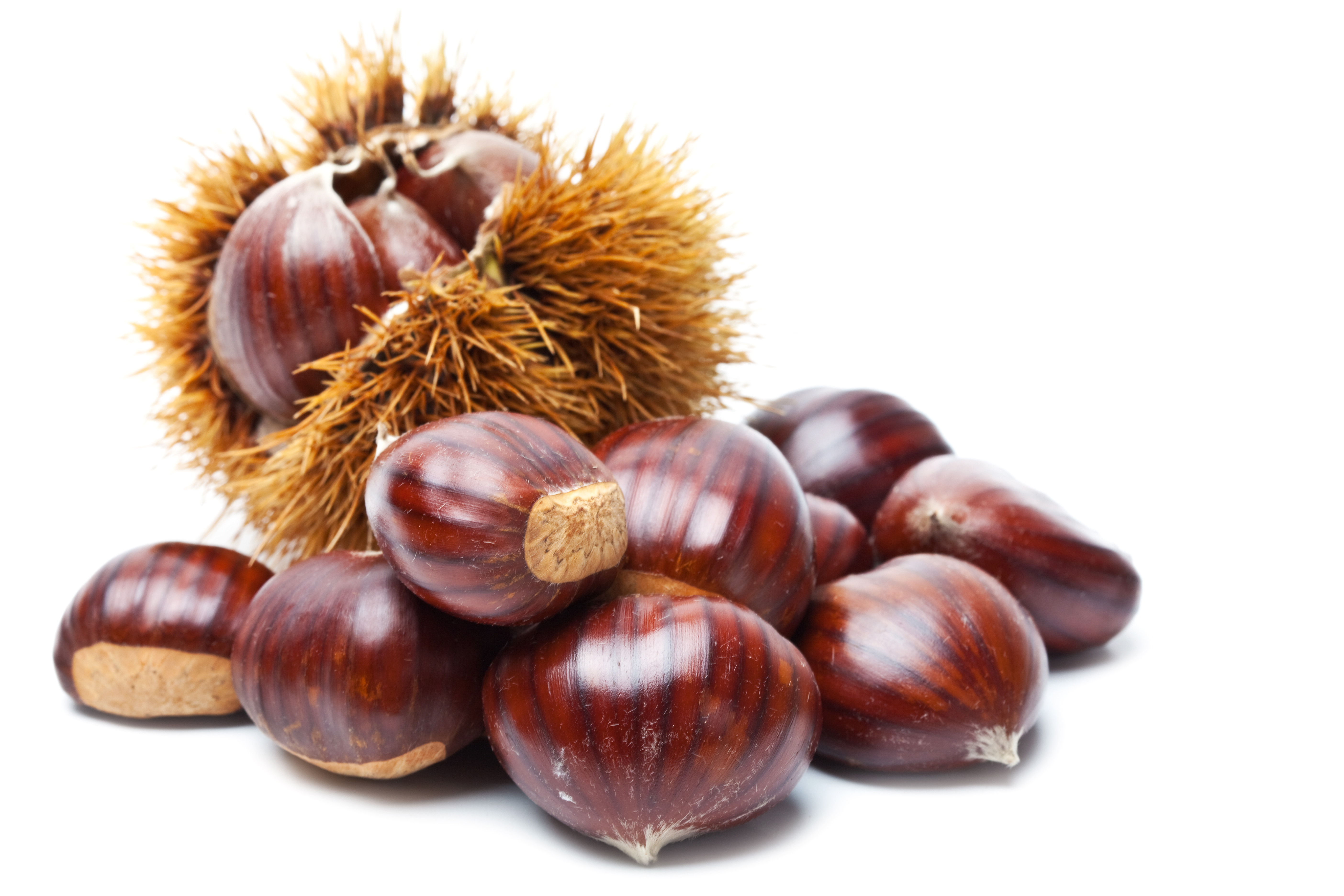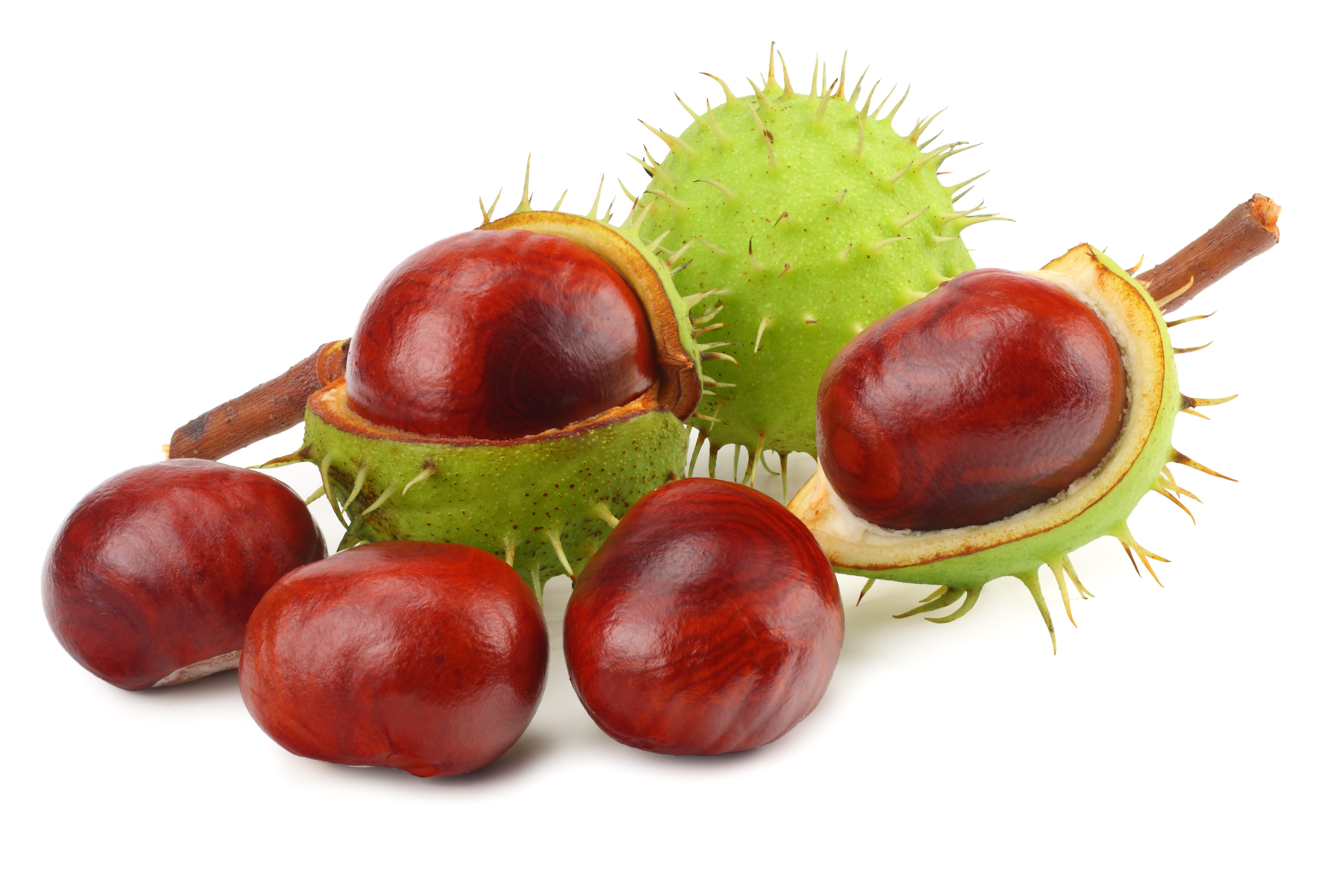
Learn to distinguish horse chestnuts from sweet chestnuts, to avoid poisoning !
In this early autumn period, horse chestnuts, which grow and fall from the horse chestnut or conker tree, are frequently confused with sweet chestnuts, which come from the sweet or Spanish chestnut tree.
In a study by ANSES on cases of confusion between plants (PDF) recorded by French poison control centres from 2012 to 2018, confusion of horse chestnuts with sweet chestnuts accounted for 11% of cases, all seasons combined, and were the most frequent after cases of confusion of bulb plants (12% of cases).
Indeed, although we commonly refer to "chestnuts", "candied chestnuts" and "chestnut purée" or "cream", we are only referring to a large variety of sweet chestnut grown for consumption.
While cultivated or wild sweet chestnuts are edible, horse chestnuts are toxic, and can cause digestive disorders such as abdominal pain, nausea and vomiting, or throat irritation.
How can we distinguish horse chestnuts from sweet chestnuts?
Observe the shape of the nuts and of the "capsule" that encases them:
- the sweet chestnut's capsule, known as a "burr", is brown and has numerous long bristly spines. It contains two to three nuts at a time, which are fairly small, flattened and triangular in shape;

- horse chestnut capsules are thick and green, with small, short, wider spaced spikes, and generally contain only one larger rounded nut.

Observe where the trees are located and examine their leaves:
- horse chestnut trees are found in cities, parks, alleys and schoolyards... while sweet chestnut trees grow in woods, forests or groves;
- each horse chestnut leaf consists of several oval "leaflets", which give the whole leaf a palm-shaped appearance, whereas sweet chestnut leaves are simple and elongated without leaflets.
Take care!
Keep meal leftovers or take photos of the nuts you pick for easier identification in the event of poisoning.
In the event of a medical emergency, dial 15 (in France) or 112.
In the event of symptoms of poisoning (digestive disorders, throat irritation, etc.), call a poison control centre, which will offer medical guidance, or see a doctor.
Poison control centre numbers:
ANGERS 02 41 48 21 21 MARSEILLE 04 91 75 25 25
BORDEAUX 05 56 96 40 80 NANCY 03 83 22 50 50
LILLE 08 00 59 59 59 PARIS 01 40 05 48 48
LYON 04 72 11 69 11 TOULOUSE 05 61 77 74 47